Data Analytics Dashboard
100+ AI Projects
95% Efficiency Gain
24/7 Automation
50+ Clients
100+ AI Projects
95% Efficiency Gain
24/7 Automation
50+ Clients

A data analytics dashboard is a tool used to visually track, analyse, and display key performance indicators (KPI), metrics, and critical data points to monitor the health of a business, department, or specific process. They are customisable to meet the particular needs of a department or company.
More advanced dashboards can provide real-time data streaming and interactive capabilities, allowing users to manipulate variables to see different scenarios, effectively use predictive analytics, and drill down into deeper analyses. This tool is invaluable across various industries, including finance, marketing, logistics, and healthcare, and it aids in streamlining processes, optimising strategies, and improving efficiency by turning data into actionable insights.
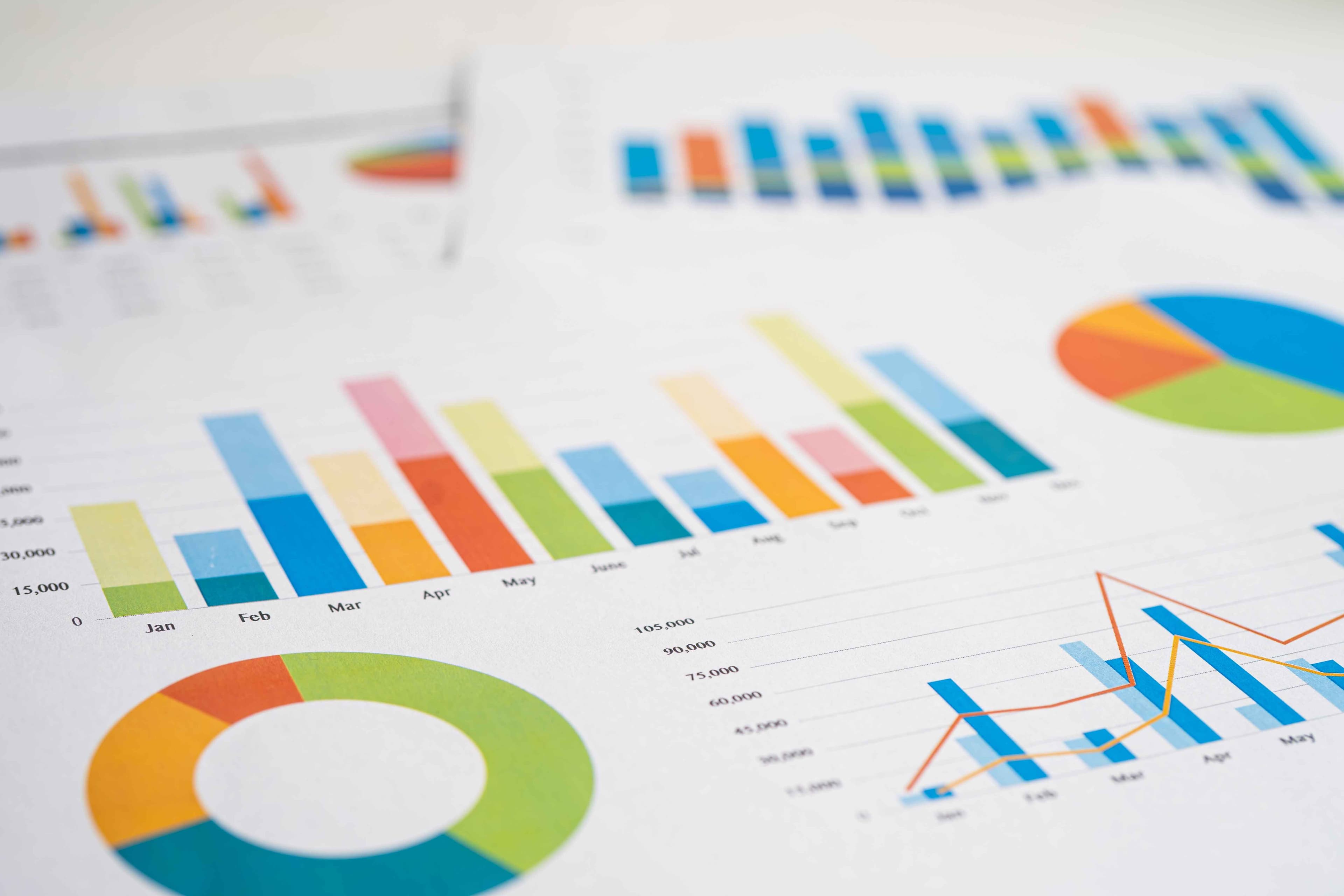
A data analytics dashboard is crucial for businesses as it aggregates vast amounts of data and presents it in an easy-to-understand, graphical format, allowing for quick, informed decision-making. By consolidating data from multiple sources onto a single screen with real-time updates, analytics dashboards reduce the time and complexity involved in analysing large datasets.
They enable businesses to continuously monitor performance across various metrics, identify trends, and respond to real-time changes. This immediate accessibility to data helps optimise operations, enhance customer satisfaction through better service delivery, and increase revenue by identifying key growth areas. Additionally, dashboards support the detection of anomalies and potential issues before they escalate, ensuring that businesses can maintain operational efficiency and reduce risk.

Retail businesses use dashboards to track sales performance, customer preferences, and inventory levels to optimise their product offerings and marketing strategies. E-commerce platforms leverage them to monitor user engagement, conversion rates, and online transaction issues to enhance customer experiences and boost sales.
Healthcare providers implement dashboards to monitor patient metrics, treatment outcomes, and resource allocation for better healthcare delivery. Financial institutions utilise them for real-time tracking of financial metrics such as expenditures, revenue streams, and investment performance, which aids in risk management and compliance. Marketing agencies use dashboards to track campaign results, audience engagement, and ROI to refine strategies. Each industry can tailor the use of data analytics dashboards to fit specific needs, enhancing operational efficiency and enabling better decision-making based on empirical data.
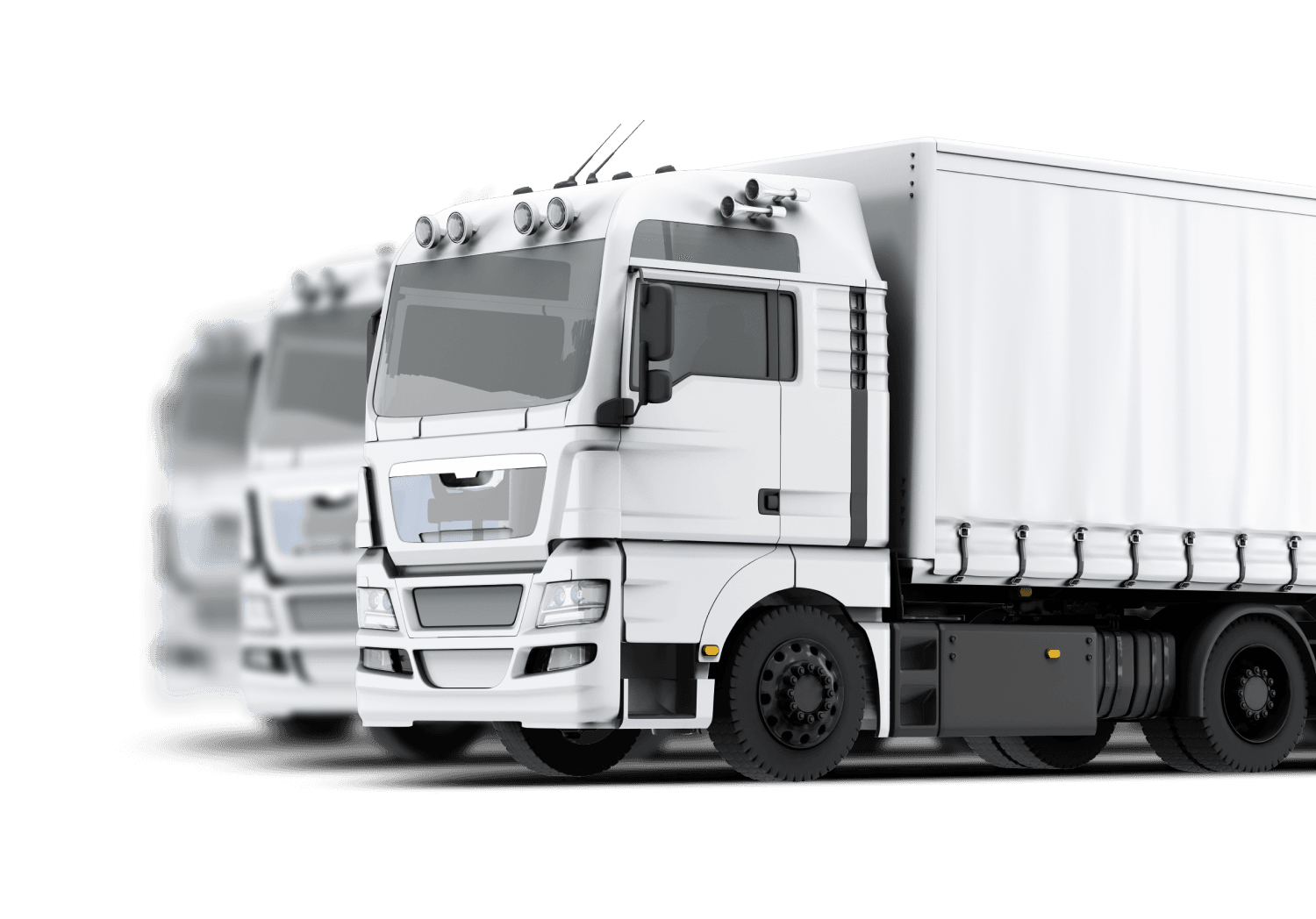
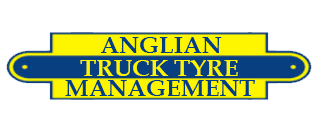
Building a platform to manage a nationwide fleet of tyre repairs


Building and integrating a digital platform system to accommodate a global marketplace


AI-powered system that automates crime story discovery


Educate smarter. Sell faster. Support globally
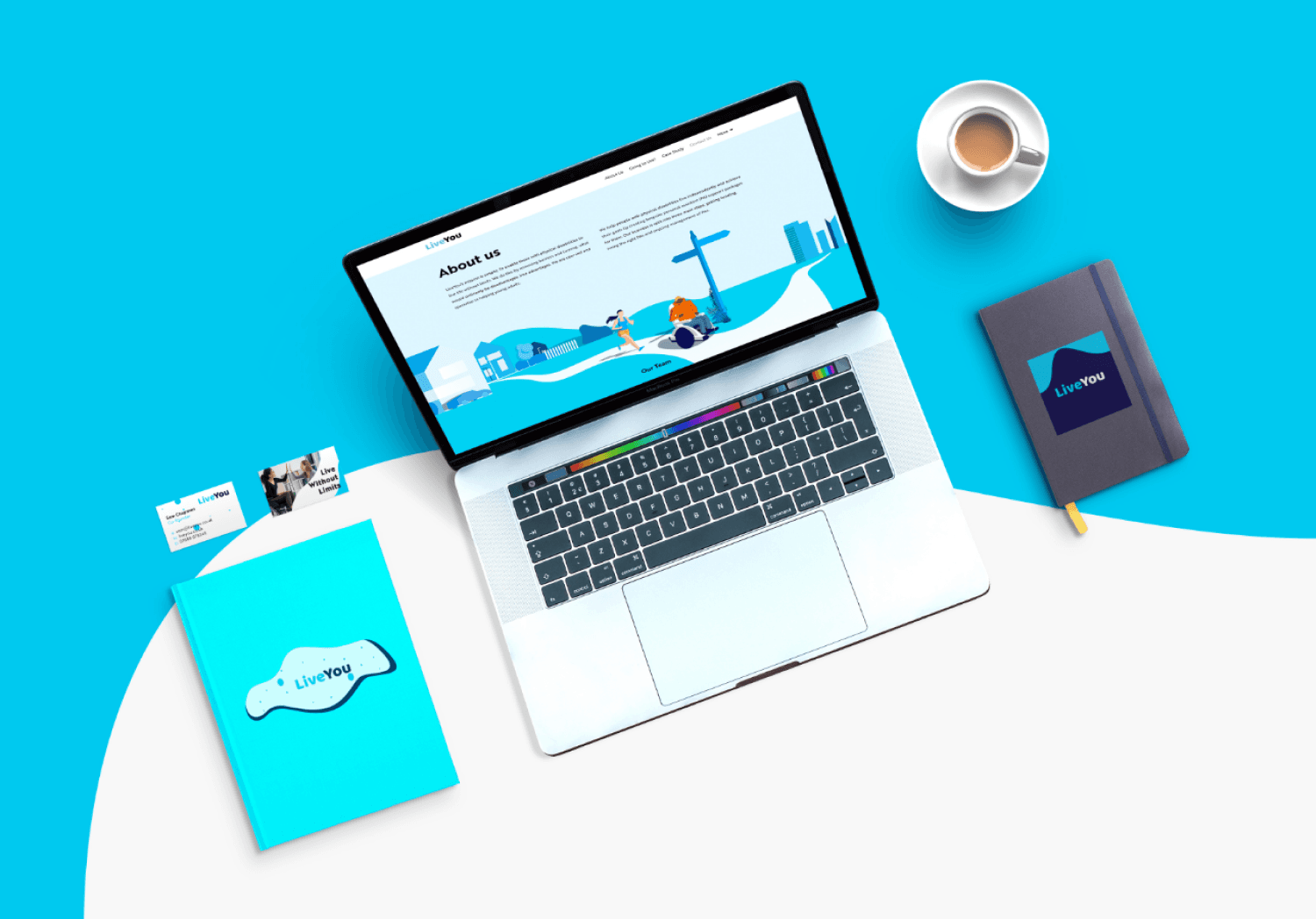

Boosting digital presence through illustration


Transforming rehabilitation through secure digital innovation
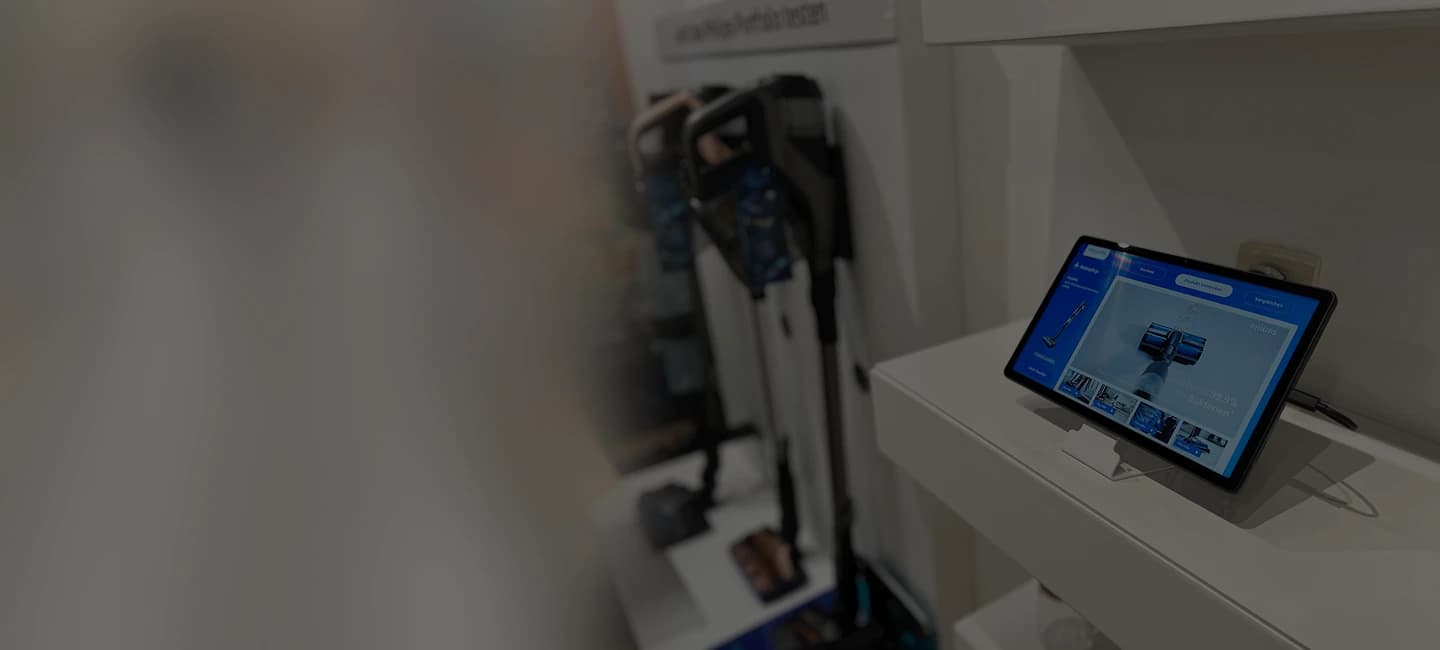

Turn passive shoppers into active learners and buyers through immersive digital retail
Get a free £350 consultation with our team and discover how we can save you time and money through tailored software and strategy.
&Element created us an immersive brand and brand strategy for Entrepreneurs Forge. The team worked with us through many research rounds to delivery exactly what we wanted.
Ruth Patron
Centre Manager, University of Suffolk





